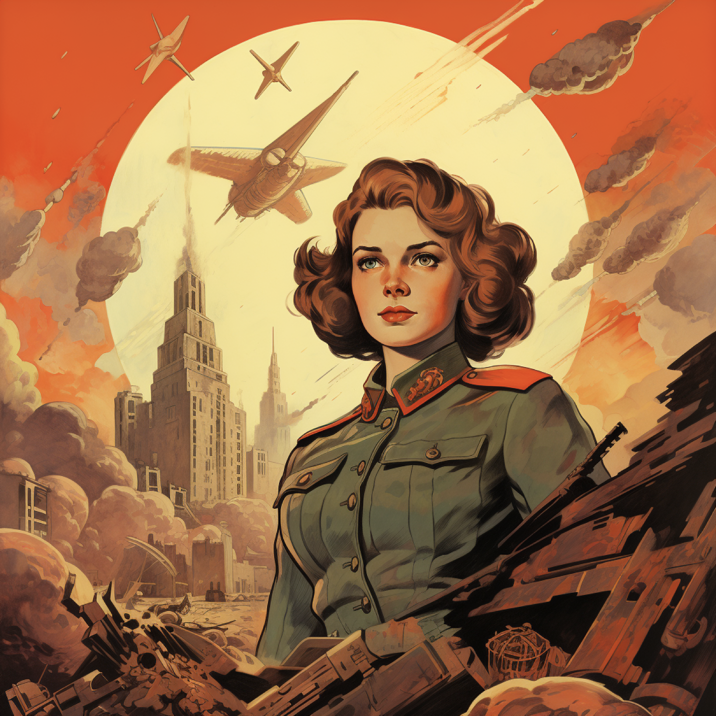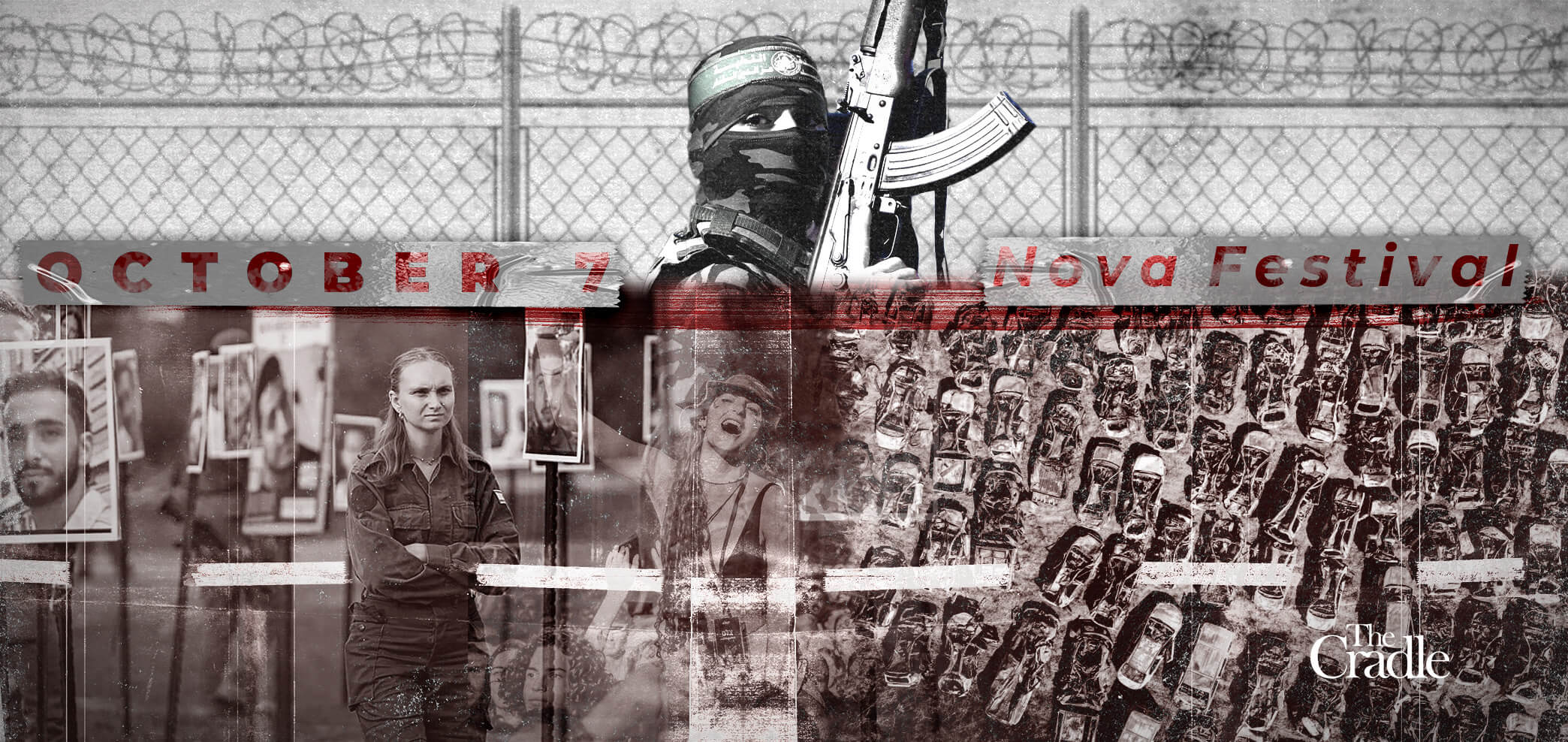

China became the first nation to propose and pledge a No First Use policy when it first gained nuclear capabilities in 1964, stating “not to be the first to use nuclear weapons at any time or under any circumstances.” During the Cold War, China decided to keep the size of its nuclear arsenal small, rather than compete in an international arms race with the United States and the Soviet Union. China has repeatedly reaffirmed its no-first-use policy in recent years, doing so in 2005, 2008, 2009 and again in 2011. China has also consistently called on the United States to adopt a no-first-use policy, to reach an NFU agreement bilaterally with China, and to conclude an NFU agreement among the five nuclear weapon states. The United States has repeatedly refused these calls.







(cw: NATOpedia) Lyudmila Pavlichenko